Falls and fractures due to poor bone metabolism are a growing concern as the population ages. In fact, one-third of all fall-related deaths are attributed to low bone density, a condition that impacts 200 million women globally. At the same time, 31% of global mortality is attributed to impaired cardiovascular health.
Have you ever considered that bone and heart health are integrally linked? While both are impacted by age (i.e., age-related wear), compromised bone and heart health are actually an implication of a vitamin deficiency: Vitamin K2.
Protecting hearts and bones is an important facet of aging in a healthy way, but it’s a foundation that must be established early. Simply adding a vitamin to one’s daily routine has been clinically proven to do both.
Dr. Hogne Vik, Chief Medical Officer with NattoPharma, the world leader in Vitamin K2 research & development, offers insight about the science demonstrating the difference K2 can make for the global population, including both children and adults. He will also be co-presenting an important webinar on this very topic.
Why is Vitamin K2 so important?
Vitamin K2 is a fat-soluble vitamin that activates proteins that are already present in the body that help it properly utilize calcium. When Vitamin K2 activates the protein osteocalcin, this protein binds calcium to the bone mineral matrix, helping to create strong bones. Simultaneously, K2 activates the matrix GLA protein (MGP), which inhibits calcium from depositing in arteries and blood vessels, where it can cause harm.
Observational studies have shown that populations consuming ample Vitamin K2 have superior bone and heart health, yet the state of global bone and cardiovascular disease has reached epidemic status. The issue truly comes down to confusion: even those trying to live the healthiest lifestyles do not understand the almost insurmountable struggle to correct this deficiency through diet alone.
What are food sources of Vitamin K2?
Vitamin K is actually a “family” of vitamins made up of Vitamin K1 (phylloquinone) and Vitamin K2 (menaquinone). K1 can be found in green leafy vegetables, while K2 is a product of fermentation, so it can be found in fermented foods like certain cheeses and sauerkraut. The richest source of K2 is a Japanese fermented soybean dish called natto, but this is a source that most of the population finds difficult to eat.
There is a common misconception that “Vitamin K is Vitamin K”, so if one is eating lots of green leafy vegetables, they are getting plenty of Vitamin K2, which is incorrect. Think of K1 and K2 as fraternal twins. They share similarities, such as working in the liver for blood clotting, and chemically, they share a quinone ring called menadione, but that is where their similarities end. Vitamin K2 has several molecules, called menaquinones, which makes it available beyond the liver for other systems.
Unfortunately, getting sufficient Vitamin K2 from diet alone so that it can activate osteocalcin and MGP is nearly impossible – the typical diet contains insufficient amounts of vitamin K2 to adequately activate MGP, which means about 30% of vitamin K2-activated proteins remain inactive. This is why deficiency is so prevalent in Western populations; in fact, 97% of the population has expressed a K2 deficiency, including those consuming healthy diets.
How much Vitamin K2 should we get daily?
The current Recommended Daily Intake (RDI) is strictly for Vitamin K and has been traditionally based on hepatic requirements only, which is too low. NattoPharma has enlisted its powerful research partners to start a program to establish a much-needed RDI for Vitamin K2.
Research driven by NattoPharma provides guidance for recommended doses of Vitamin K2. Clinical studies where MenaQ7® was the source material have shown doses as low as 45mcg/day can positively and safely contribute to bone and cardiovascular health in adults, while the groundbreaking 3-year trials in healthy postmenopausal women used 180 mcg/daily. Further, in NattoPharma’s study of healthy prepubertal children showed that a dose of 45-50mcg/day can positively and safely improve bone health in children.
Who can benefit from Vitamin K2?
Everyone can benefit from Vitamin K2, but clinical studies have shown that children stand to gain the most, particularly as their bones are developing. A 2014 published study revealed that healthy children have the largest tissue-specific Vitamin K deficiency and 8 to 10 times more inactive osteocalcin, followed by adults 40 years and older.
What should consumers look for when selecting Vitamin K2?
For those interested in supplements clinically validated to deliver health benefits, they should absolutely seek out supplements that feature MenaQ7® Vitamin K2 as MK-7. NattoPharma has driven the substantial body of research showing that Vitamin K2 delivers bone and cardiovascular benefits, confirming benefits for both child and adult populations, thanks to our long-standing relationship with renowned researchers at the University of Maastricht in the Netherlands. We have provided MenaQ7® K2 as the source material for 20 published human clinical studies, with more underway.
For example, our 3-year studies of healthy postmenopausal women showed that a 180 mcg daily dose of MenaQ7® improved bone mineral content, bone mineral density, and bone strength, as well as inhibited age-related arterial stiffening and actually improved vascular elasticity.
We at NattoPharma truly believe that correcting Vitamin K2 deficiency can have a tremendous impact on global human health, which is why we have dedicated ourselves to creating the only clinically validated Vitamin K2, and the only K2 as MK-7 patented for heart health.
NattoPharma invites anyone interested in learning more about how Vitamin K2 can change the face of global health to attend their free live webinar event.
This article was created in collaboration with the sponsoring company and the Xtalks editorial team.

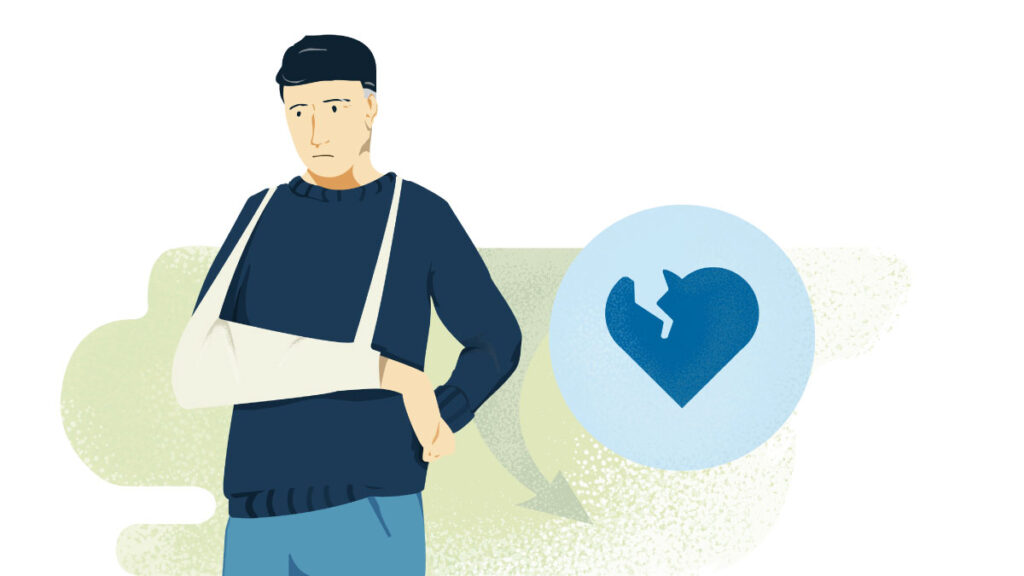
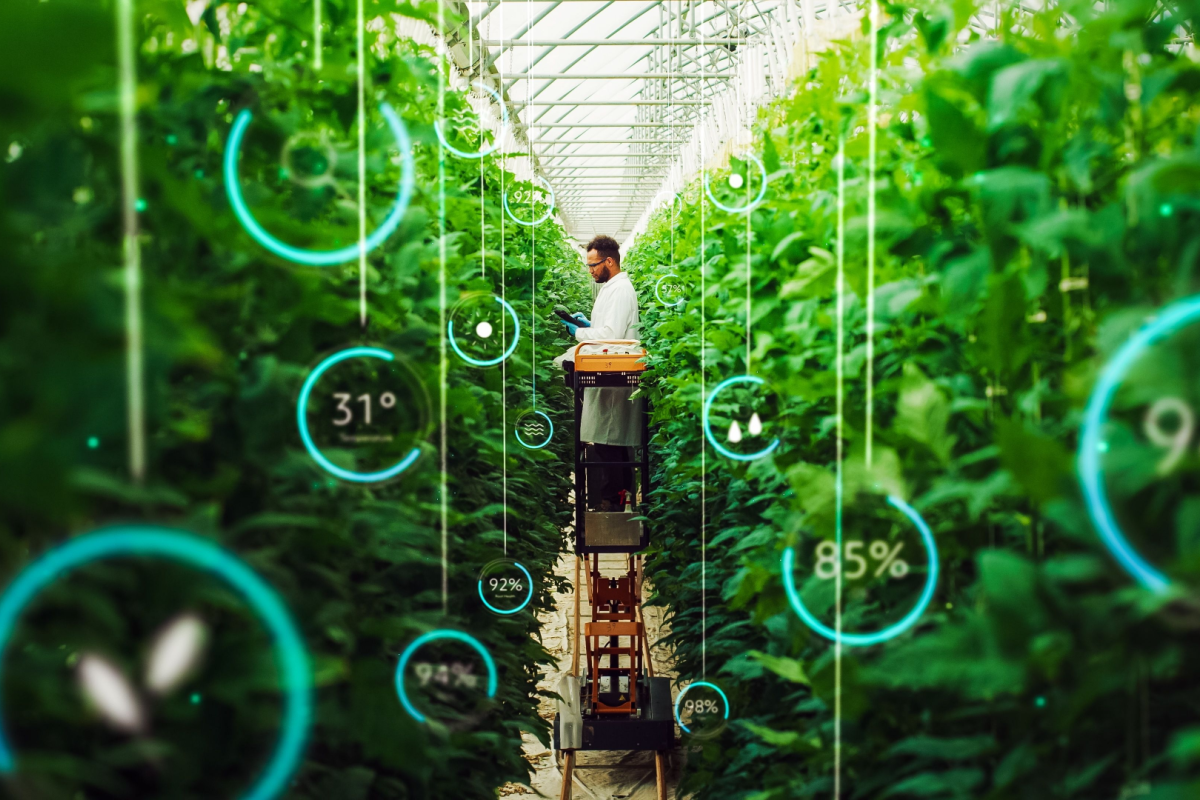
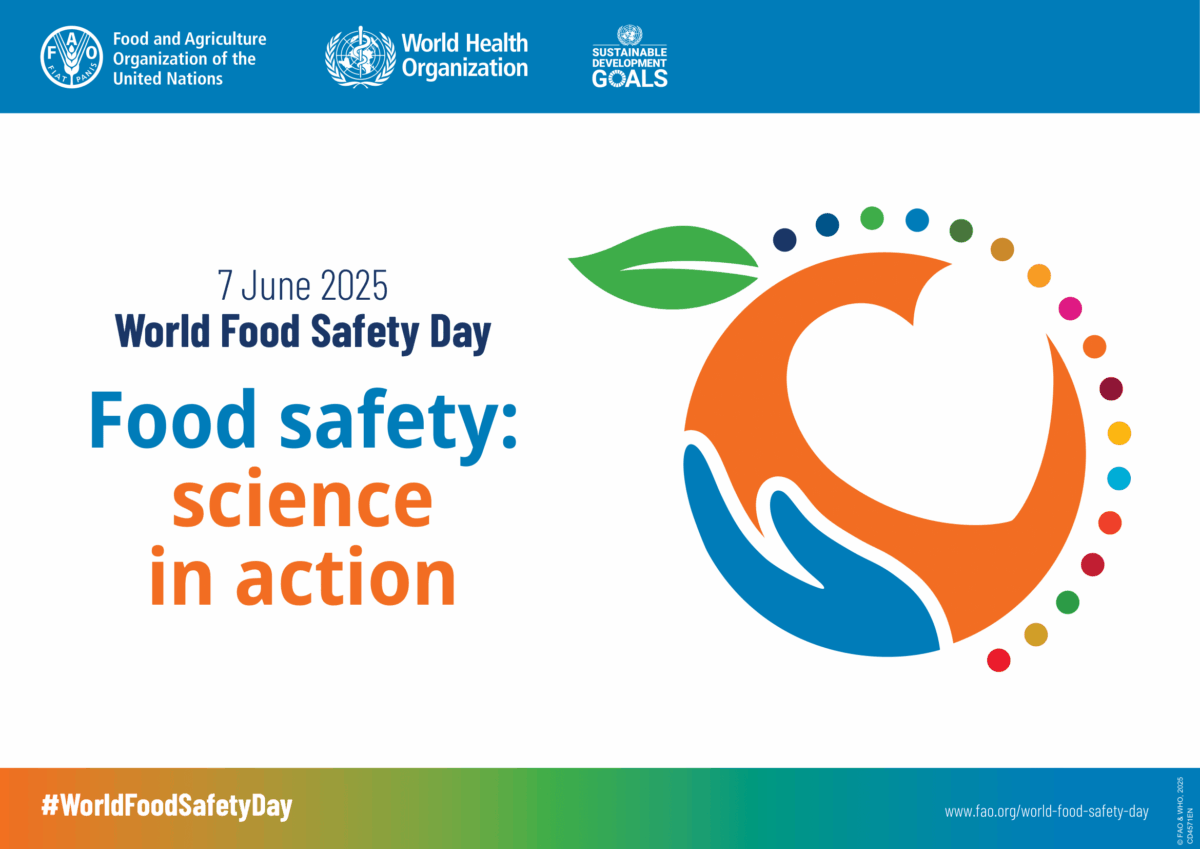
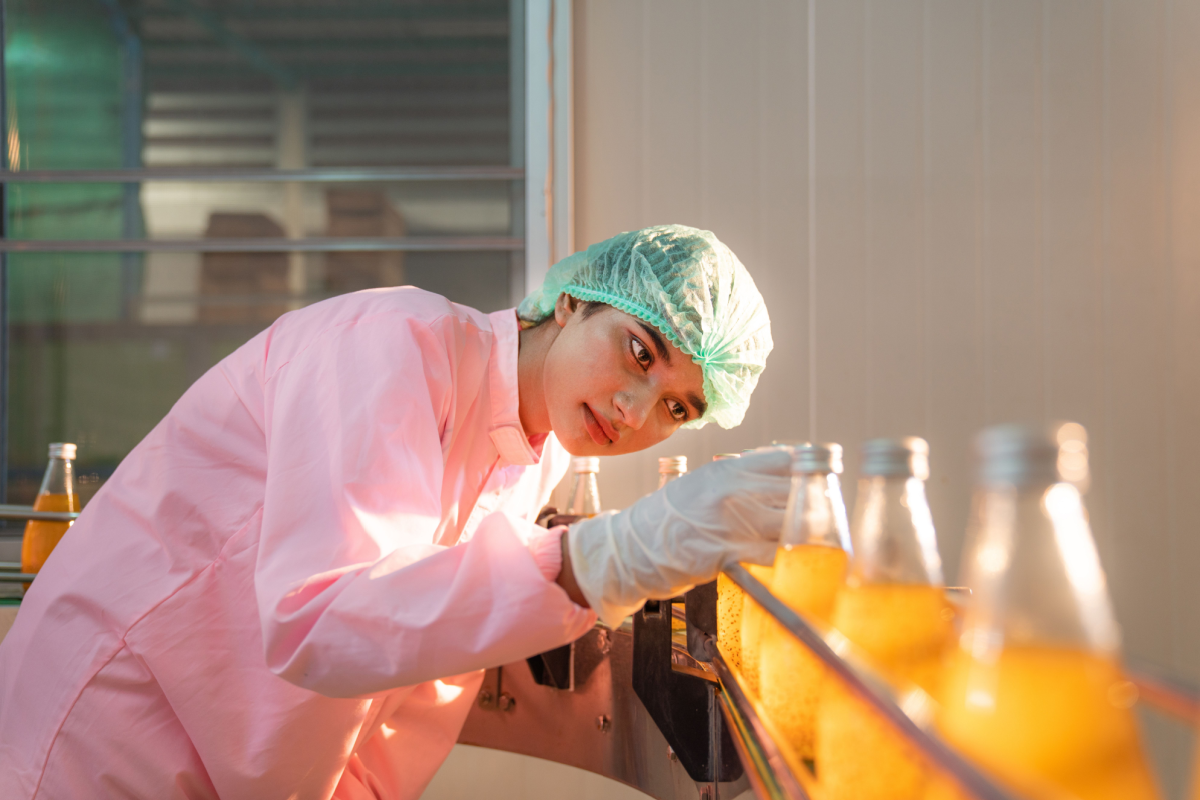

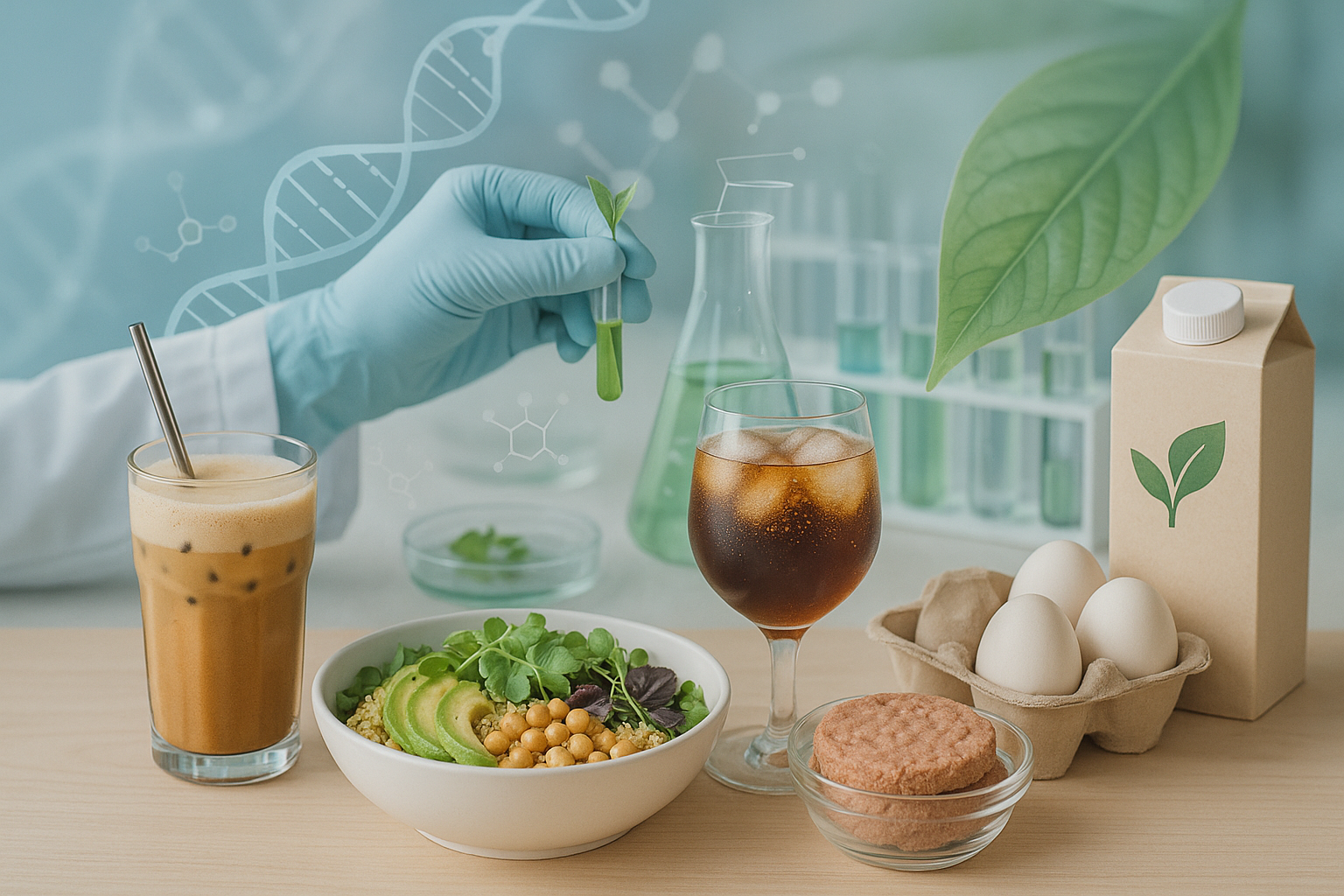

Join or login to leave a comment
JOIN LOGIN